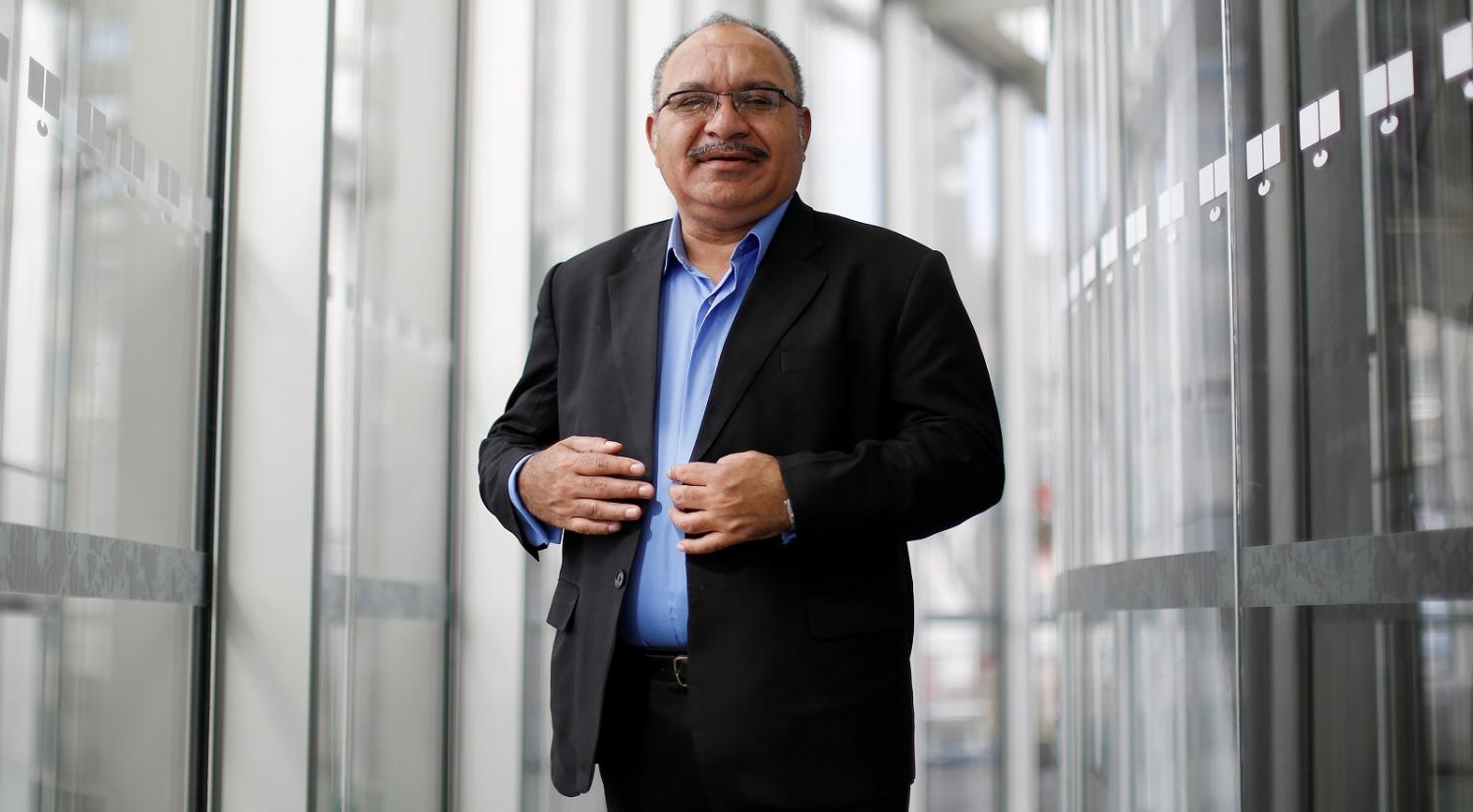Papua New Guinea’s Parliament has today returned Peter O’Neill as Prime Minister for a second five-year term, defeating a spirited coalition of parties known as ‘The Alliance’ in a vote 60 to 46.
The returning Prime Minister will have many questions to answer for the general conduct of this year’s elections, the ninth in our nearest neighbour’s short history. The election has been marred by violence, numerous allegations of malfeasance, an attempted kidnapping, and comical court proceedings. A common feature across the country was the poor state of the electoral roll. Thousands of Papua New Guineans, many of whom voted in 2012, were disenfranchised, ineligible to vote because their names did not appear on the updated list. Independent observers have called the state of the electoral roll ‘alarming’, and it is the largest single issue that threatens the legitimacy of the election. Bill Standish provides a great summary of the election's ups and downs.
Now that he has been returned to the office, the Prime Minister faces the substantial challenge of leading the nation. The PNC-led government has committed to prioritising health, education and infrastructure. But before it can do any of this, it must get its house in order. As the PNG MYEFO statement released yesterday (summarised here) reveals, the government’s fiscal situation is dangerously untenable. It needs to take immediate steps to correct its previous mismanagement of the economy if it is to deliver on the ambitions set out in its policy platform, the second Alotau Accord.
In addition to these immediate challenges, the government has significant issues on the horizon that will need to be delicately managed. The first is the hosting of the APEC leaders’ summit next year, followed by the promised Bougainville independence referendum in 2019. With many senior members of the former government not retaining their seats or now in opposition, quick and effective decision-making will be even more difficult. For a summary of O’Neill’s first term take a look at this brilliant summary from Ron May.
One surprising development in this election was the ability of the rival bloc, ‘The Alliance’, to pose a serious threat given O’Neill was in such a dominant position at the outset. The Coalition - made up of prominent political parties including the resurgent Pangu Pati and the National Alliance, as well as independents such as former Prime Minister Mekere Morauta - got within striking distance of forming government. Hopefully many of their number will resist the allure and benefits of joining government and bring legitimacy and robust debate back to the legislature that has in recent years been marginalised due to the government’s super-majority position.
While it is easy to fall into the trap of painting a negative picture of the electoral process in PNG, I always remind myself what a marvel it is that this nation is able to run an election in the first place. More than 3340 candidates vied for 111 seats. There were 10,830 polling places and 28,000 polling workers spread across some of the most rugged and remote conditions on the planet. To me, this series of photos epitomises everyday Papua New Guineans’ commitment to the ideal of democracy. The electoral processes need more support, but they are still a marvel to behold.
Emotions have run high in this election, and we will have more questions than answers about the irregularities for months to come. There is great fear that tensions will boil over after today’s result. Let us hope cooler heads prevail in the weeks to come, and that this government can deliver on what it has promised to all Papua New Guineans.

